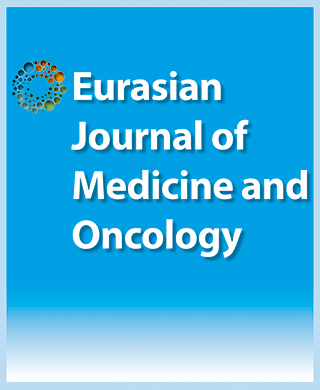

Efficacy of Calendula Officinalis as an Antibacterial Agent for In Vitro Pseudomonas Aeruginosa
Mbuso Mabuza11Johns Hopkins University Bloomberg School of Public Health, Center for Communication Programs, Health Communication Capacity Collaborative, Mbabane, Swaziland,
Objectives: The aim of this in vitro microbial study was to evaluate the efficacy of Calendula officinalis tincture 60% (v/v) ethanol as an antibacterial agent for in vitro Pseudomonas aeruginosa. Methods: The standardized disk diffusion method was employed. Seven pairs of Mueller–Hinton agar plates were used; one plate was the experiment and one a control. P. aeruginosa broth cultures were grown for 24 hours. A sterile cotton swab was soaked in P. aeruginosa broth culture and then streaked evenly in 3 directions over the entire surface of the agar plates to obtain a uniform inoculum. Sterile filter paper disks (0.45-µm pore size; 5-mm diameter) were impregnated with standardized amounts of C. officinalis tincture 60% (v/v) ethanol. The first set of disks was impregnated with undiluted C. officinalis tincture 60% (v/v) ethanol, and the subsequent sets of disks were impregnated with a series of 2-fold dilutions of C. officinalis tincture 60% (v/v) ethanol. One disk from each set was aseptically placed on the inoculated agar surface of each plate. The plates were inverted and incubated at 37°C in ambient air for 24 hours, after which any presence of clear zones of inhibition were observed against a light background and the diameter of these zones was measured. The whole procedure was performed in triplicate. The mean activity of the 2 treatment groups was 6.88 and 6.69 mm, respectively. Results: The antibacterial activity of C. officinalis tincture 60% (v/v) ethanol and the 60% ethanol control groups showed a similar pattern on in vitro P. aeruginosa. There was no statistically significant difference between the experimental and control groups (p>0.05; t-test). Conclusion: There was no evidence to prove the efficacy of C. officinalis tincture 60% (v/v) ethanol as an antibacterial agent for in vitro P. aeruginosa.
Cite This Article
Mabuza M. Efficacy of Calendula Officinalis as an Antibacterial Agent for In Vitro Pseudomonas Aeruginosa. EJMO. 2018; 2(2): 55-60
Corresponding Author: Mbuso Mabuza



